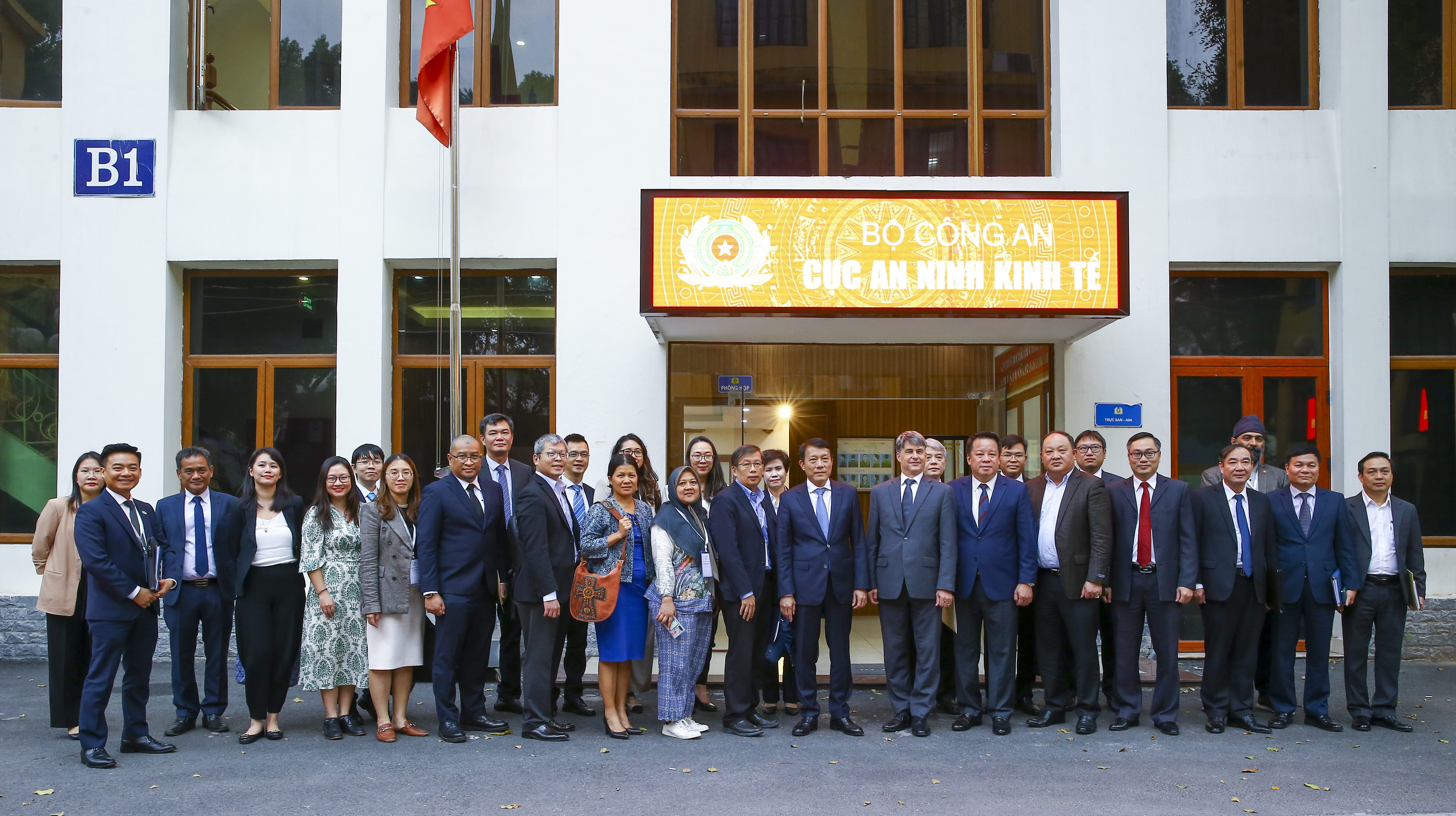Vietnam looks to JETP to Increase Investment for Clean Energy Transition, and Wind Power Projects

On December 14, Vietnam, Norway, Denmark, and the G7 released a joint statement on the establishment of the Just Energy Transition Partnership (JETP) with Vietnam. The deal will provide Vietnam with US$15.5 billion of public and private finance over the next three to five years to accelerate its transition from coal to renewable energy, enabling Vietnam to reach its targets for peak emissions by 2030 and net-zero emissions by 2050. Vietnam is the third country to sign a JETP deal, following similar deals made with Indonesia in November 2022 and South Africa in November 2021.
Vietnam's decarbonization commitments, power generation deficit, and favorable wind conditions have sparked significant interest in wind power projects by various foreign stakeholders. Kei Saiki, the Co-Head of Global Business for Japanese renewable energy company Renova, has labeled Vietnam as “one of the most important” countries for renewable energy development. In December, Japanese trading house Sumitomo Corporation conducted a survey to study potential routes for laying cables as it plans to begin operations of an offshore wind farm with a capacity of 500 megawatts to 1 gigawatt by 2030 and plans to develop further projects in northern Vietnam. On December 21, the Asian Development Bank (ADB) announced that it had signed a US$107 million financing project with BIM Wind Power Joint Stock Company to support the operations of an 88-megawatt wind farm in Ninh Thuan province. The wind farm will enable Vietnam to annually offset approximately 215,000 tons of carbon dioxide. Currently, wind power in Vietnam comes predominantly from onshore plants operated by local companies. Higher technological and financial capacity requirements for the expansion of offshore wind power generation have led to greater involvement of foreign companies and other stakeholders.






